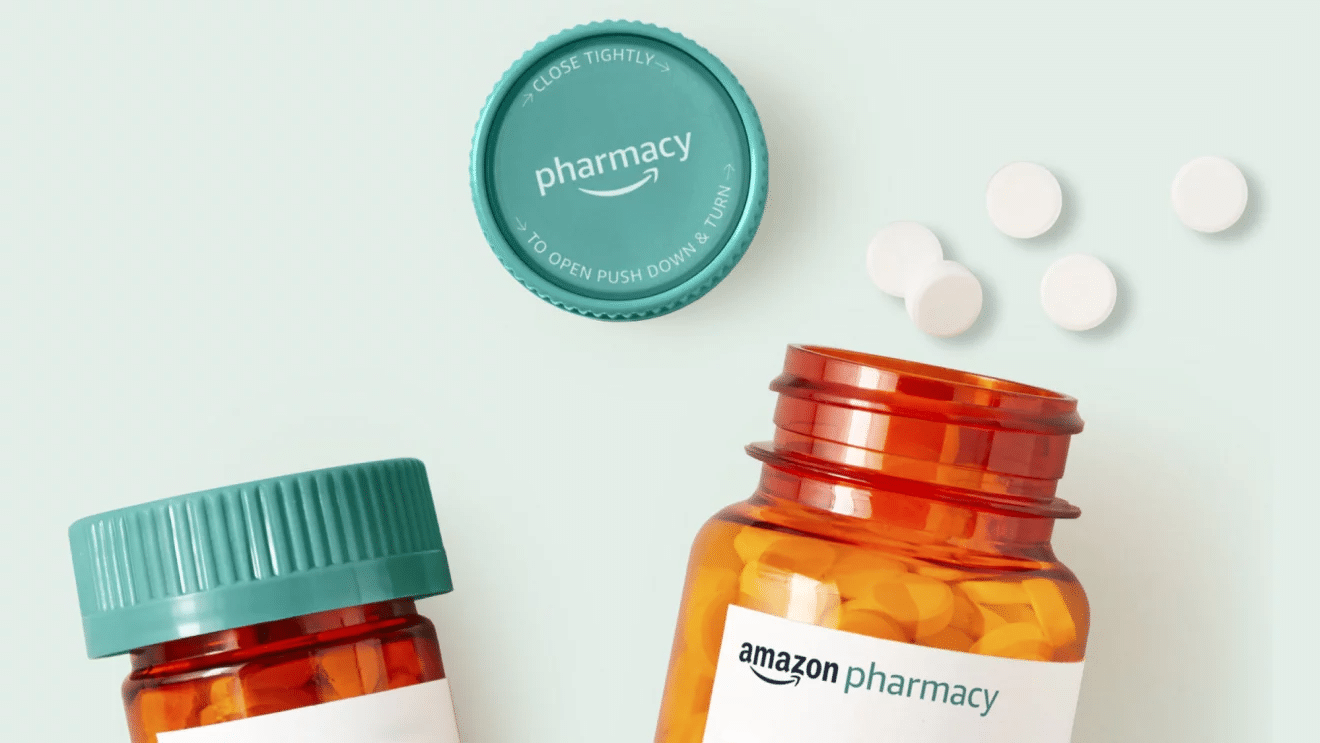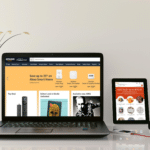
Couponers love being able to get name brand products for less than generics. Non-couponers wish coupons would just be applied automatically so they wouldn’t have to worry about missing out on deals.
What if you could do both?
You can now, if you buy prescription medication through Amazon. But be careful what you wish for – because it may not be as good a deal as it sounds.
Many prescriptions “can be prohibitively expensive for patients,” Amazon said in announcing its new program. “That’s why we’re making it easier for patients to afford these medicines with coupons on Amazon Pharmacy, a new feature that automatically applies manufacturer-sponsored coupons directly to an eligible patient’s order.”
Amazon has partnered with several major drug manufacturers to integrate coupons for their medications directly into the checkout process on the Amazon Pharmacy website and app. Customers who buy their medications through Amazon can simply search for their medication, get notified if there’s a coupon available, and have that coupon automatically applied at checkout.
Citing a recent study conducted by Massachusetts’ Health Policy Commission, Amazon pointed out that patients only used prescription drug coupons 15% of the time they were available to them. “Unless a patient knows to ask, these discounts can be hard to find,” Amazon explained. “We believe it should be much easier for patients to find and afford appropriate clinical solutions.” So its new pharmacy savings feature means “patients no longer have the burden of finding and applying coupons, and can focus on managing their care. No clipping, clicking, or downloading.”
And yet the very study that Amazon cites, warns that the types of coupons Amazon is now offering – and applying automatically – may cost us all more money in the long run.
“Despite the immediate benefit of drug coupons to patients, policymakers and experts debate whether and how coupons should be allowed in the commercial market given the potential relationship between coupon usage and increased spending on branded drugs versus lower cost alternatives,” the Massachusetts Health Policy Commission’s July 2020 Prescription Drug Coupon Study reads. On the one hand, “manufacturers and some patient groups assert that coupons increase affordability and adherence to necessary medication,” the report points out. But “payers and pharmacy benefit managers argue that coupons drive use towards high cost drugs when lower cost alternatives may be available, increasing health care system spending that is ultimately passed onto consumers in the form of higher premiums.”
That’s the very argument that a group of Harvard University health economists made in a report published last year. When coupons make brand-name medications less expensive than generics, it’s a no-brainer to go ahead and use the coupon.
But medication coupons work somewhat differently than grocery coupons. At the grocery store, the store gives you the discount at the register, you pay the balance, and the store gets reimbursed by the manufacturer that offered the coupon. When it comes to prescription drugs, you get the discount at the register, but your insurance company pays the balance. The coupons end up encouraging consumers to opt for higher-priced brand names, which reduces demand for lower-priced generic drugs, which ends up costing insurance companies more, which makes them more likely to raise their premiums to cover their increased costs.
“We estimate that coupons raise negotiated prices by 8% and result in just under $1 billion in increased U.S. spending annually,” the Harvard report concluded.
So prescription drug coupons that are automatically applied, like the ones Amazon is offering, are good for you in that you’ll pay less out of pocket. But they’re also very good for the drug manufacturers, who get to move more of their products and charge more to insurance companies, by having Amazon assist in promoting the attractiveness of their products’ post-coupon prices.
So don’t think that drug manufacturers are simply doing you a favor. Coupons are very good for their own bottom lines as well. A recent Congressional Budget Office report found that back in 2009, there were coupons available for fewer than 100 brand-name drugs. Six years later, that number had skyrocketed to more than 700, as drug manufacturers figured out just how profitable offering coupons could be.
You tend not to see grocery coupons automatically applied to anyone’s order – why would manufacturers or retailers give away discounts to shoppers who don’t go through any effort to clip a coupon, especially if they’re likely to buy the product anyway even without a discount? But that’s not how prescription drug coupons work. The easier they are to use, the better off the sellers are.
“We will continue to add more coupon selection over time, helping more patients save time and money,” Amazon pledged. Just be warned that what’s good for you now, might not be good for you later – but it could prove to be very good for those making the offer.
Image source: Amazon















